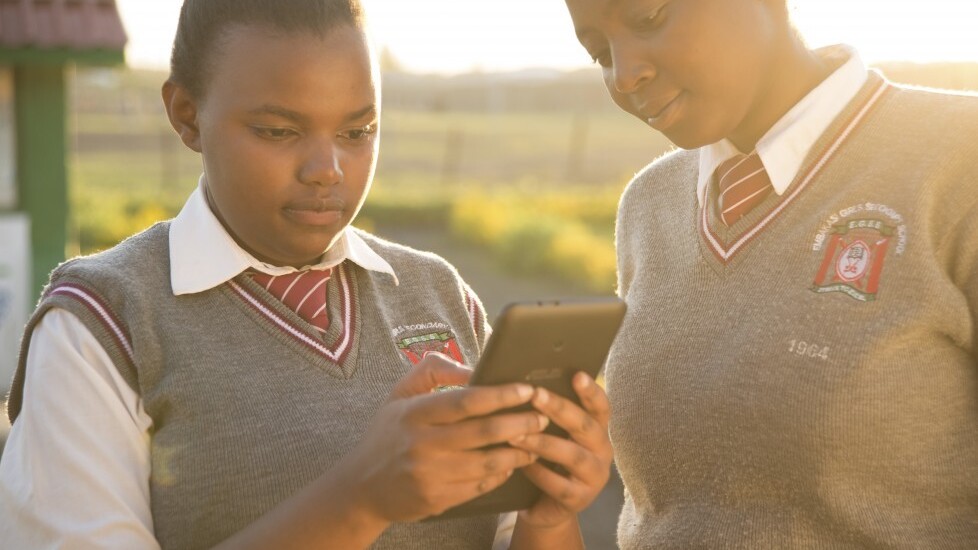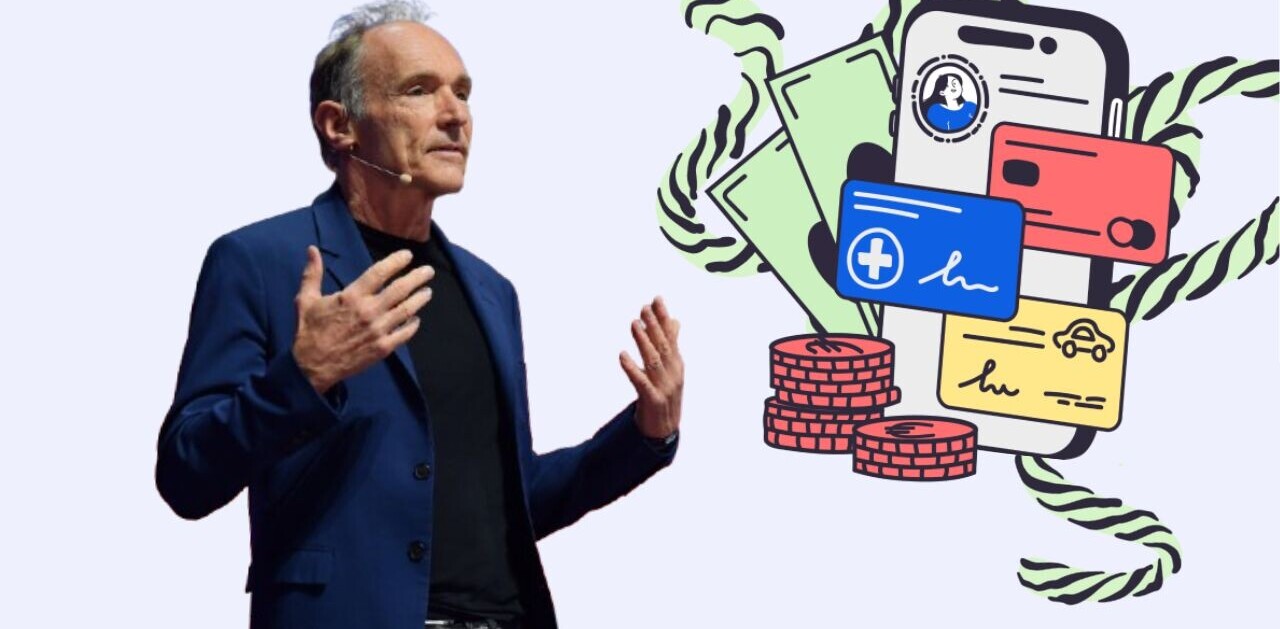
In 2014, Kenyan teenager Caroline Wambui lost her uncle after he suffered kidney failure.
Nobody in her family was a match for a donation, and Kenya, like so many other African countries, lacks an official countrywide organ donor program. Organ donation has in fact become somewhat of a taboo.
In the meantime, individual’s like Caroline’s uncle die unnecessarily, or are forced to turn to an unregulated and unsafe market that has sprung up around organ donation in reaction to the country’s health inefficiencies.
One area in which Kenya is developing, however, is in terms of ICT, and this is gradually creeping into schools. The government has launched a laptops for schools policy, while numerous multinationals and local startups are developing solutions whereby the country’s education sector is improved by technology.
Caroline, fresh from losing her uncle, was a beneficiary of this movement. So much so, that within two years of his death she has rolled out her own solution to the problem he faced – Life Pocket.

Caroline said Life Pocket also aims to raise awareness about donating organs and stop it from being a taboo subject. She said,
The app has a feature that contains all organs, where one can learn more about donating and whether or not it would have any negative effect on the health of the donor.
It also has features like a forum, where different donors and recipients can interact with doctors in varied fields of health expertise. Organ recipients can also share their journey milestones before and after donation.
She said she cannot wait to see the app fully rolled out, and hopes it prevents others having to experience what her uncle went through.
Yet Life Pocket seemed a long way from being developed until Damaris Mutati, Caroline’s teacher at Embakasi Girls Secondary School, began to introduce technology to her students, something she feels is vital to the development of young people on the continent.
As Demaris points out,
Technology is important to the lives of young Africans and being in a developing continent it needs more job creators than seekers.
This can only be achieved if schools integrate more ICT skills into their curriculum as well as encourage young people to be developers of their own ideas, and consumers of their own technological products. This then would create more employment opportunities for the young people across the continent.
This has certainly proven the case with Caroline, who also roped in a number of friends to help her develop Life Pocket. So passionate was Mutati on the subject, meanwhile, that she participated in two programs run by multinational tech firm Intel in Kenya. The programs – Teach, and She Will Connect – were aimed at helping teachers pass on IT knowledge to children.

Intel’s involvement went deeper, however, with staff volunteering to teach a coding workshop at Caroline’s school, where the pupils were introduced to Intel XDK. Intel XDK is a unified development environment that enables users to design, create, test and deploy HTML5 apps.
This proved the inspiration for Caroline to build her app, with the schoolgirl saying the input of the company was critical.
Many more young girls can successfully follow in my footsteps if they are exposed to programming.
This is something that Intel agrees with. According to Rosalind Hudnell, vice president of worldwide corporate affairs and president of the Intel Foundation, the company’s She Will Connect program is dedicated to closing the internet gender gap that exists in many developing countries.
The initiative has resonated with people because it empowers young women and opens up opportunity to acquire or improve digital literacy skills and expand their understanding and use of technology.
Through this, women can then more easily connect to resources that enable them to receive a better education, enhance their political participation, have a stronger voice in their communities, and increase their income by connecting to new economic opportunities.
She said Mutati, who went through the program and decided to integrate technology and coding into her classroom, was a perfect example of this.
Hudnell said,
Caroline’s story is just one of many. The results we’ve seen just in the last two years have been amazing.
As technology continues to advance, it will only become more important to make sure that Africa’s innovators have access to the latest tools and resources. In the coming years, this will be our focus – to ensure that people like Damaris and Caroline are empowered to reach their full potential through technology.
Get the TNW newsletter
Get the most important tech news in your inbox each week.




